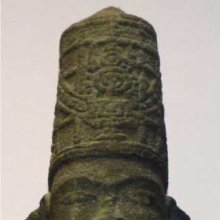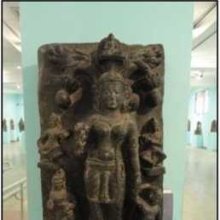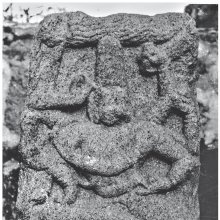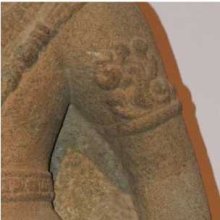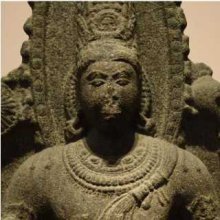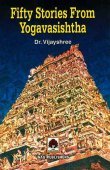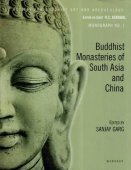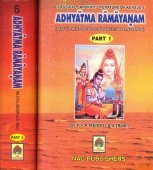Delhi: 2 definitions
Introduction:
Delhi means something in Buddhism, Pali, the history of ancient India. If you want to know the exact meaning, history, etymology or English translation of this term then check out the descriptions on this page. Add your comment or reference to a book if you want to contribute to this summary article.
Images (photo gallery)
(+19 more images available)
In Buddhism
General definition (in Buddhism)
Source: Wisdom Library: BuddhismDelhi refers to one of the places visited by Dharmapāla during his tour of North India. Anāgārika Dharmapāla (born 1864) was a Ceylonese Buddhist who travelled across India and beyond, spreading Buddhism. According to Bhikkhu Sangharakshita in his Biographical Sketc, “he travelled as a pilgrim, not caring at all for comforts, mixing with the sanyasins, ascetics, Hindu pilgrims, and with passengers of the third and intermediate classes, eating at times the poorest food, sleeping at times in places where the poor sleep and gaining an insight into the characteristics of the poor classes, who are suffering from intense ignorance, superstition and poverty”.
India history and geography
Source: Jainworld: Jain History (h)Delhi.—The ancient name of Delhi was Yoginīpura in the pre-Muslim period. The king Madanapala of this place gave a cordial reception to the Jaina saint of the Kharatara-gaccha in V.S. 1222. The Kharatara-gaccha Paṭṭavali informs that Pārśvanātha temple existed here. Even in the Muslim period, the Jainas played an important part in the religious affairs of Delhi. The Prabandhakośa of Rājaśekhara was written here in 1317 A.D. The well-known Pheru belonged to Delhi and he accepted the teachings propounded by the Jaina saints. A temple of Mahāvīra was built in Delhi around 1328 A.D., under the patronage of Muhammad Bin Tughluq. Afterwards, also the manuscripts of Jaina works were written at Yoginipura or Delhi.

The history of India traces the identification of countries, villages, towns and other regions of India, as well as mythology, zoology, royal dynasties, rulers, tribes, local festivities and traditions and regional languages. Ancient India enjoyed religious freedom and encourages the path of Dharma, a concept common to Buddhism, Hinduism, and Jainism.
See also (Relevant definitions)
Ends with: New Delhi.
Full-text (+96): Hastinapura, Dilli, Kurukshetra, Indraprastha, Nagahva, Vinashana, Dhilli, Drishadvati, Sarasvata, Vriji, Dharmakshetra, Shrikantha, Kuru, Dhillika, Yoginipura, Hariprastha, New Delhi, Dhili, Shakraprastha, Arippirattam.
Relevant text
Search found 134 books and stories containing Delhi; (plurals include: Delhis). You can also click to the full overview containing English textual excerpts. Below are direct links for the most relevant articles:
The backdrop of the Srikanthacarita and the Mankhakosa (by Dhrubajit Sarma)
Settlement in Early Historic Ganga Plain (by Chirantani Das)
Part 9 - Archaeological urban features of Vārāṇasī < [Chapter VI - Vārāṇasī: Emergence of the Urban Centre and Seat of Administration]
Part 1 - Urban model of Rājagṛha < [Chapter II - Origin and Function of Rājagṛha as the seat of Monarchy]
Buddha-nature (as Depicted in the Lankavatara-sutra) (by Nguyen Dac Sy)
Clarification Of The Topic < [Introduction]
A study of the philosophy of Jainism (by Deepa Baruah)
Social philosophy of Swami Vivekananda (by Baruah Debajit)
Elephantology and its Ancient Sanskrit Sources (by Geetha N.)
Related products
(+14 more products available)
